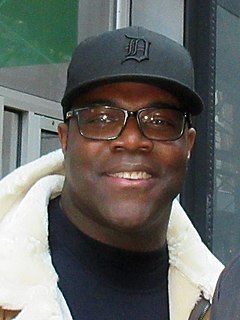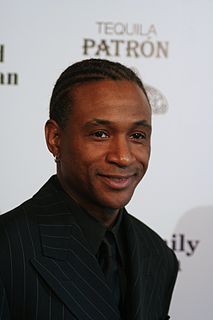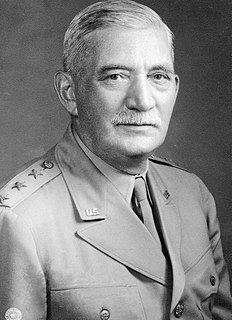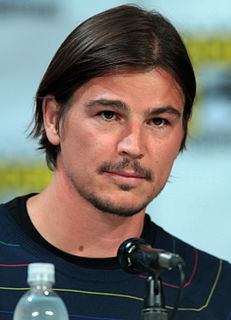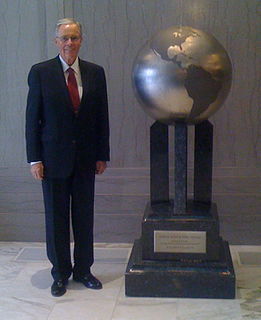A Quote by Nate Parker
I have engaged in hyper-male culture, and I'm learning about it, and I'm learning how I can change and help young boys and young men change.
Related Quotes
I really feel concerned about young people within our present culture. Our present culture, we have to change. Change is inevitable and I wasn't raised in our present culture but it has great pressure that as a young person I never had. Material pressure, social pressure, visual pressure, how you look, and I just try to appeal to young people to think for themselves, to be their own person, and to ask questions and also be very attentive to our planet and our environment.
Young people, especially young men due to culture and perhaps testosterone, dream about changing the world, making an impact, doing big things. Now our young people are told life was better in the past, that we should be less ambitious and hold on to what we have. The grand narratives of exploration and change that drove the world forward for a century have been tamed.
Performing in Detroit or performing in Chicago, you're on your own turf, but when you tour a show, the audiences change. You're in a completely different space; sensibilities change. I think I learned a lot from doing that - how written material works in different places, learning to have confidence, learning the idea of how to be adaptable.
Fame is fun, money is useful, celebrity can be exciting, but finally life is about optimal well-being and how we achieve that in dominator culture, in a greedy culture, in a culture that uses so much of the world’s resources. How do men and women, boys and girls, live lives of compassion, justice and love? And I think that’s the visionary challenge for feminism and all other progressive movements for social change.
The very word "change" has changed. When I was young--and not just because I was young--we looked forward with confident impatience to change. Planned, controlled, beneficent change would continue to clear slums, sweep up the remains of empire, raise living and educational standards, tidy away--firmly but kindly--the last aboriginals who still raved about martial glory or the pride of wealth. Now, as it seems to me, change is set almost exclusively in the minor key, change seen overwhelmingly as loss.
How we act and dress reflects how we regard where we are and who we are. Let me demonstrate. One of the natural occurrences in missionary work is the change in new converts, especially little boys, young men, and fathers. When they go to Church meetings, they want to look like the missionaries. Now, that tells us a lot about the importance of looking like a member of The Church of Jesus Christ of Latter-day Saints.
Change is the end result of all true learning. Change involves three things: First, a dissatisfaction with self - a felt void or need; second, a decision to change to fill the void or need; and third, a conscious dedication to the process of growth and change - the willful act of making the change, doing something.
I used to believe that you could change the culture or behavior of a company. I still believe it's possible, but it is at least a five to ten year process, if you are successful at all. More recently, I have been attracted to the ideas of the behavioralist, Edgar Schein. Schein has argued that you cannot change the culture of a company, but you can use the culture of a company to create change. It's an interesting approach to overcoming resistance. And if you can change how a company does its work, you might eventually be able to change how its people think.




